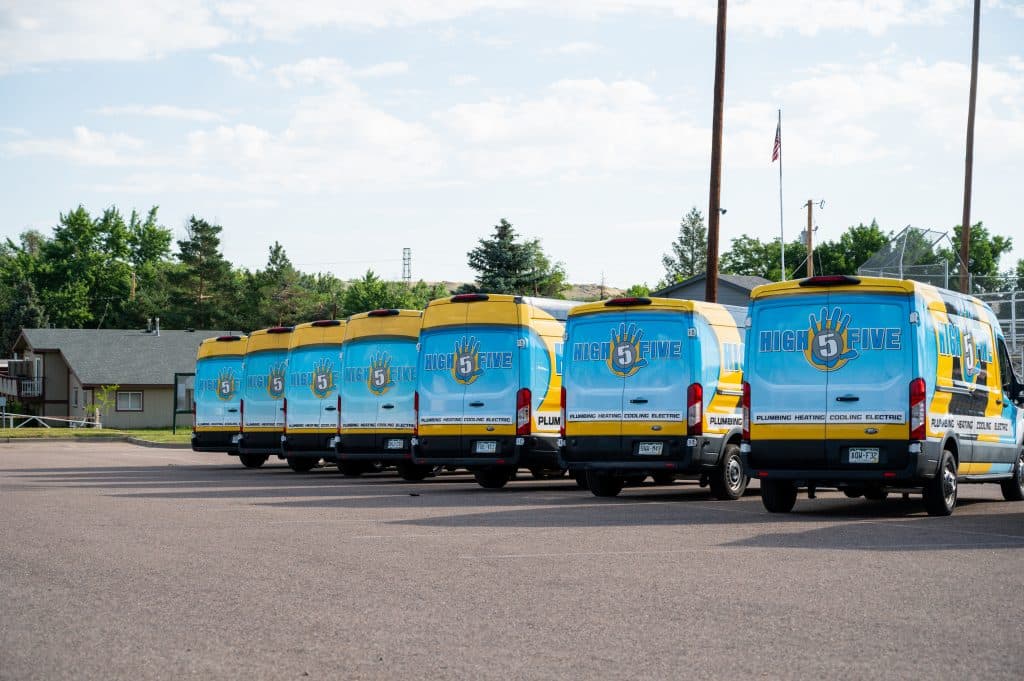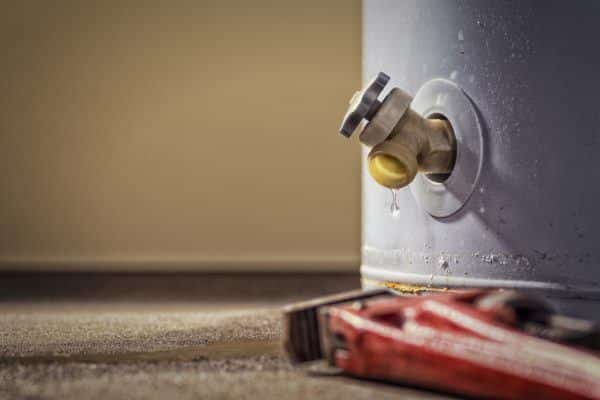Building regulations in almost all towns and cities require a permit when replacing a water heater. While the codes may vary among states, installing a new water heater should adhere to current city codes for safety purposes. Several things can go wrong if a water heater is not installed correctly, such as the water heater exploding if installed without a temperature and pressure relief valve. The improper installation also poses an electrical and fire risk. The gas line should be properly installed to avoid a leak when installing a gas water heater.
On the other hand, electric water heaters need proper wiring that suits the water heater’s size. It is essential to be aware that codes have changed, including additional requirements that apply to replacing a water heater. Ensure that you check your local codes for correct installation requirements and instructions.
Permits
Every county and city has a straightforward process of attaining a permit for replacing a water heater. The licenses typically require going to the local utilities or building department and paying a small fee. Besides, most departments offer a helpful handout containing instructions for replacing or installing a water heater. Also, they have someone available to answer any questions you might have. Ask if you require more than one permit and get both if necessary.
When Are Two Permits Required?
There may be instances when you need more than one permit when replacing your water heater. We discuss this in the following:
Electrical Permit
If you need to make electrical changes or modifications, you may require an electrical permit. For example, if the wire and breaker size is too small to transport the new heater’s electrical load, then an electrical permit is necessary to make the changes.
Plumbing Permit
If you need to modify, add, or extend an existing water line to allow you to install a new water heater, you are required to obtain a plumbing permit in almost all building jurisdictions. If you need to relocate or add a gas line, a plumbing permit is required for the changes or modifications. Note that one permit may cater to the plumbing modification and water heater.
Can I Replace a Water Heater by Myself?
In most local jurisdictions, water heater replacement can be done as a DIY project if you have the skills needed and obtain the correct permit. Some municipal requirements may need a plumber to replace the water heater or an electrician for any electrical modifications. There may be some exceptions, but you need to contact your local utilities and building department to know about the requirements and regulations for your area. You can also enquire the same from a local electrician or plumber.
Special Things to Note When Replacing a Water Heater by Yourself
The following are some things to keep in mind when replacing a unit yourself:
Suitable Gas Lines
Many cities and towns no longer permit rigid aluminum tubing for a water heater on gas lines. This is because of the risk of breakage and cracks if the heater or piping is shaken or bumped. Furthermore, some gas corrodes rigid aluminum and wears away the material, leading to leaks. A stainless steel-coated line is preferable in most cases. While replacing a current water heater, the old flexible gas connector should not be used. Most of them are designed for a single installation, and repeated flexing or bending can damage them. Replace this essential component with a new one during gas water heater replacement.
Seismic Strapping
If you live in an area that can experience earthquakes, you may need to install seismic strapping to hold your water heater in place. If the water heater moves during an earthquake, it can break gas or water lines, causing severe fires or leaks.
Proper Venting
Gas water heaters may release carbon monoxide without suitable venting. Damaged or cut “B” vents need replacing because they allow toxic gas to leak indoors. Also, ensure that each joint in the ductwork is firmly joined together with not less than three rivets or screws. Some flexibility is required in case of shaking or bumps to prevent damage.
Risks of DIY Water Heater Installation
Some homeowners innocently think water heater replacement is a simple task. Before you plan to install the water heater on your own, think about the risks. Many people do not possess the necessary electrical or plumbing skills to do this project. Even a minor mistake in the installation process can result in severe consequences. For example, omitting the temperature and pressure relief valve can result in an explosion.
You may install the valve properly but fail to connect the pipes to the new water heater leading to a slow leak that will cause tremendous damage over time. It is expensive to repair water damage as it destroys drywall, flooring, and other home construction materials. Furthermore, excess moisture makes your home prone to mold, making your home a potential health hazard. Instead of risking a DIY installation, call [company_name] to take care of the water heater installation.
How to Acquire a Permit
The process of obtaining a permit for water heater replacement is straightforward. Technicians at [company_name] can get the permits for you after assessing the condition of your existing water heater and making arrangements to change it. Whether the water heater is electric or gas-operated, we may require multiple permits. Modifying, extending to, or adding to existing water lines needs a plumbing permit and electrical modifications typically need an electrical license. Generally, we can collaborate with your local building office to obtain the required licenses to do the job. Getting the permits can be a fast process, which means that we can start the water heater replacement immediately.
Safety Regulations
By allowing us to replace your tankless water heater or standard water heater, you can rest assured knowing that it was installed properly. We will obtain all essential permits on your behalf suitable for your jurisdiction and the project’s magnitude. Moreover, we adhere to all safety regulations to make sure that the water heater works efficiently without risking the life and health of your family.
Some notable safety regulations that we follow include ensuring a working safety release valve, adding seismic straps to secure your unit if an earthquake occurs, and extensive testing after installing the new unit.
Expert Water Heater Replacement
Water heaters are essential components in modern times. Many models are available in various sizes that suit different families’ needs. We can help you purchase a water heater that is eco-friendly, energy efficient and suitable for your family’s needs. Our primary services that we provide to the greater Denver Metro area include standard plumbing repair and maintenance, bathroom and kitchen plumbing, gas and outdoor plumbing, water lines, burst and frozen pipes, as well as repiping.
If you’re only in the market for a water heater, we have tankless options, and install, repair and maintain them, too! Other services include drain cleaning and installation, video inspection, hydrojetting, sump pump repair and replacement, and sewer cleaning, repair, and replacement. Whatever your plumbing needs may be, we’ve got you covered! Contact [company_name] today!


